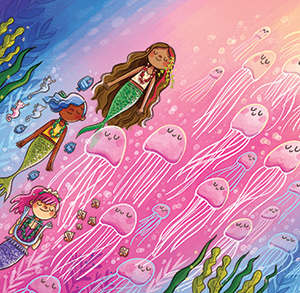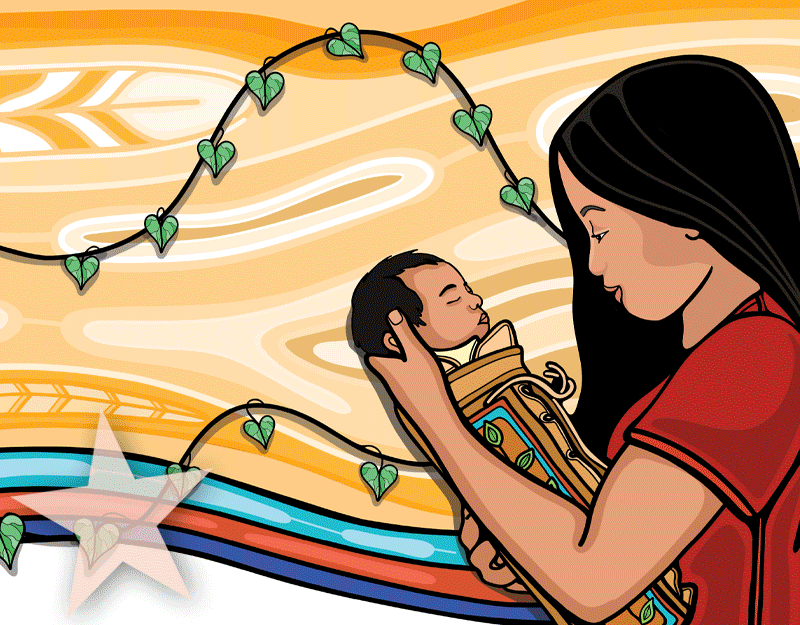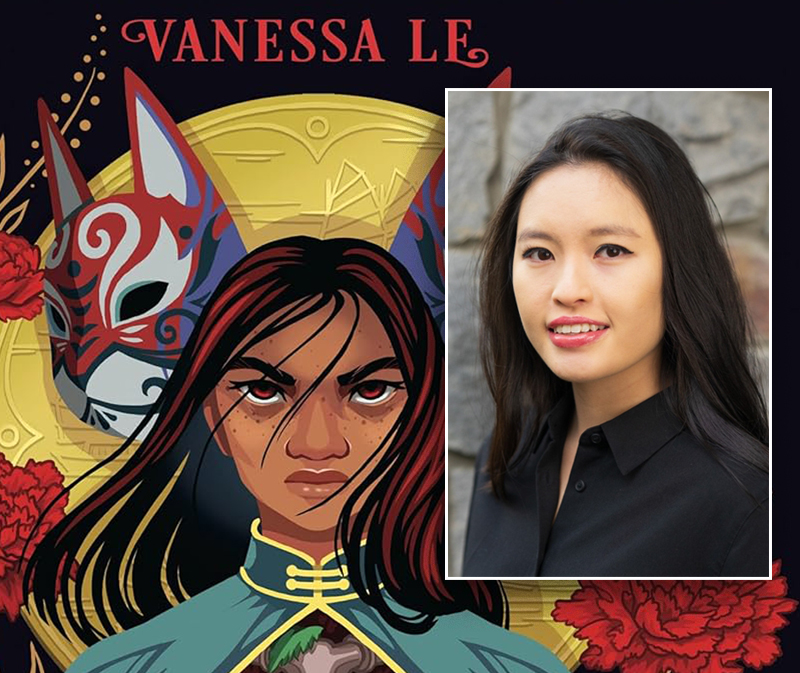The Circus Mirandus Blog Tour: How Hard Is It to Write a Circus That Isn’t Creepy?
 When I was asked to participate in the current Circus Mirandus Blog Tour, I was intrigued. You know how sometimes a publisher will fall in love with a debut novel and then promote the whozitz out of it, hither, thither, and yon? Well, that’s what Penguin has done with this title from first time author Cassie Beasley. And whenever that sort of thing happens, I get very skeptical. So I approached the book expecting to find it overwritten or cloying or to have something wrong with it. What I found instead was fresh and fascinating. The kind of book I’d recommend left and right to any kid. And one thing about it struck me as very interesting indeed. You see, most of the circus middle grade books I see are creepy in some way, so I feel like making a book about a circus that a kid might actually want to go to (heck, live in!) is enormously difficult.
When I was asked to participate in the current Circus Mirandus Blog Tour, I was intrigued. You know how sometimes a publisher will fall in love with a debut novel and then promote the whozitz out of it, hither, thither, and yon? Well, that’s what Penguin has done with this title from first time author Cassie Beasley. And whenever that sort of thing happens, I get very skeptical. So I approached the book expecting to find it overwritten or cloying or to have something wrong with it. What I found instead was fresh and fascinating. The kind of book I’d recommend left and right to any kid. And one thing about it struck me as very interesting indeed. You see, most of the circus middle grade books I see are creepy in some way, so I feel like making a book about a circus that a kid might actually want to go to (heck, live in!) is enormously difficult.
For this blog tour I asked Ms. Beasley one very simple question: How do you manage to write a non-creepy circus? Here is her answer:
“When I say that my novel is about a boy trying to find a magic circus, most people respond with enthusiasm. Maybe it’s just that they don’t want to puncture my cheerful debut author bubble, but I like to think they’re genuinely excited by the idea of a circus story. For me, the mention of circuses calls to mind a fantasy world of sequined costumes and cotton candy, and I think it does the same for many others.
ADVERTISEMENT
ADVERTISEMENT
Sometimes, though, I meet potential readers who have a different reaction. They want to know if Circus Mirandus is a “creepy” book. They want to know if I’ve written a horror story.
 I was surprised the first time someone asked. I initially thought the questioner must be concerned about the fact that my main character, Micah, is trying to save his terminally ill grandfather.
I was surprised the first time someone asked. I initially thought the questioner must be concerned about the fact that my main character, Micah, is trying to save his terminally ill grandfather.
“No,” she said, when I started to explain my thoughts on character death in children’s literature. “I mean the circus. Is it scary?” She paused. “Are there clowns?”
The question actually makes a lot of sense when you consider the role of the circus in fiction. Real-life circuses are meant to delight, but fictional circuses often seem to be designed to do the opposite. An entire page at the (infinitely distracting) TV tropes site is dedicated to the “Circus of Fear,” and the number and variety of evil circuses listed is impressive.
Circuses, traveling fairs, and carnivals are, in some ways, a natural choice for the author in need of a disquieting setting. For one thing, they are supposed to be cheerful places, and transforming something lovely and innocent into something sinister is the basic stuff of horror. A T. rex chasing you is only frightening. A clown chasing you is frightening and also wrong.
And even when we exclude the murderous clowns, a circus still contains so much potential creepiness. It can be a transient and turbulent beast that arrives in an otherwise stagnant environment and starts to change things around. People alter their daily routine. Children sneak out of their houses to see the show. The town is suddenly a temporary home to masked strangers who will perform peculiar feats for a few nights and then depart.
 And the performances themselves, the glitz and the mystery, create an otherworldly environment that is magical but fraying at the edges. A carnival is a pretty lie. Regular, imperfect people hide under the face paint, and electric cables power the rides, and sometimes if you look at just the wrong moment you see the magician sneaking around the edge of the curtain instead of vanishing into thin air.
And the performances themselves, the glitz and the mystery, create an otherworldly environment that is magical but fraying at the edges. A carnival is a pretty lie. Regular, imperfect people hide under the face paint, and electric cables power the rides, and sometimes if you look at just the wrong moment you see the magician sneaking around the edge of the curtain instead of vanishing into thin air.
Some people find this incongruity disturbing. Others relish it. It can be fun, after all, to be creeped out.
Having said all of that, my own circus is not menacing. Circus Mirandus is meant to be a place of joy and wonder. It’s where Micah thinks he will find the help he needs to save his grandfather. Most of the darkness in the story comes from Grandpa Ephraim’s illness, which is the sort of everyday horror that many children face. I don’t think it would have been right to distract from that with a terrifying fantasy world.
So, the magic is real, and it is (mostly) used benevolently. At Circus Mirandus, the aerial artists fly without the aid of wires, and there is no risk that any of the children in the audience, even Micah’s analytical friend Jenny, will see through the Lightbender’s illusions.
To the surprise of no one who has met me, Circus Mirandus is the world child-me would have created for herself if she had been given unlimited power.
This doesn’t mean the circus is perfect, as Micah will discover, but it is a force for good in the world. What conflict the circus creates is not the result of something sweet turned rotten, but that of something longed for that is almost out of reach.
ADVERTISEMENT
ADVERTISEMENT
 I think Micah might tell anyone curious enough to ask how extraordinarily difficult it is to believe in something like Circus Mirandus in this world, especially when the people around you are telling you that your situation is hopeless. I think he might say that you need great reserves of courage to find it. I think he might tell you how hard it can be, once you’ve finally made it, to hold on to the magic.
I think Micah might tell anyone curious enough to ask how extraordinarily difficult it is to believe in something like Circus Mirandus in this world, especially when the people around you are telling you that your situation is hopeless. I think he might say that you need great reserves of courage to find it. I think he might tell you how hard it can be, once you’ve finally made it, to hold on to the magic.
So, though creepy circus stories abound, mine is not one of them. My circus is a dream world, one that I have tried to fill with the kind of magic that every young person searches for at some point.
For Micah, that search is rewarded in ways he doesn’t expect. But I believe that his decision to make the journey to the circus is ultimately more important than the fact that he reaches it. If there is one idea I want readers to take away from Circus Mirandus, I think perhaps it is this: that at the limits of magic (and even magic has its limits), in that place where we face the darkness, there is only the choice that Micah has to make.
Despair? Or hope?”
Many thanks to Ms. Beasley for her in-depth and fascinating answer and to the good folks at Penguin for inviting her here in the first place.
About Cassie Beasley: website/twitter/goodreads
CASSIE BEASLEY is from rural Georgia, where, when she’s not writing, she helps out on the family pecan farm. She earned her MFA in Writing for Children and Young Adults at the Vermont College of Fine Arts. CIRCUS MIRANDUS is her first novel.
Filed under: Interviews
About Betsy Bird
Betsy Bird is currently the Collection Development Manager of the Evanston Public Library system and a former Materials Specialist for New York Public Library. She has served on Newbery, written for Horn Book, and has done other lovely little things that she'd love to tell you about but that she's sure you'd find more interesting to hear of in person. Her opinions are her own and do not reflect those of EPL, SLJ, or any of the other acronyms you might be able to name. Follow her on Twitter: @fuseeight.
ADVERTISEMENT
ADVERTISEMENT
SLJ Blog Network
2024 Books from Pura Belpré Winners
Winnie-The-Pooh | Review
Parsing Religion in Public Schools
Crafting the Audacity, One Work at a Time, a guest post by author Brittany N. Williams
ADVERTISEMENT







